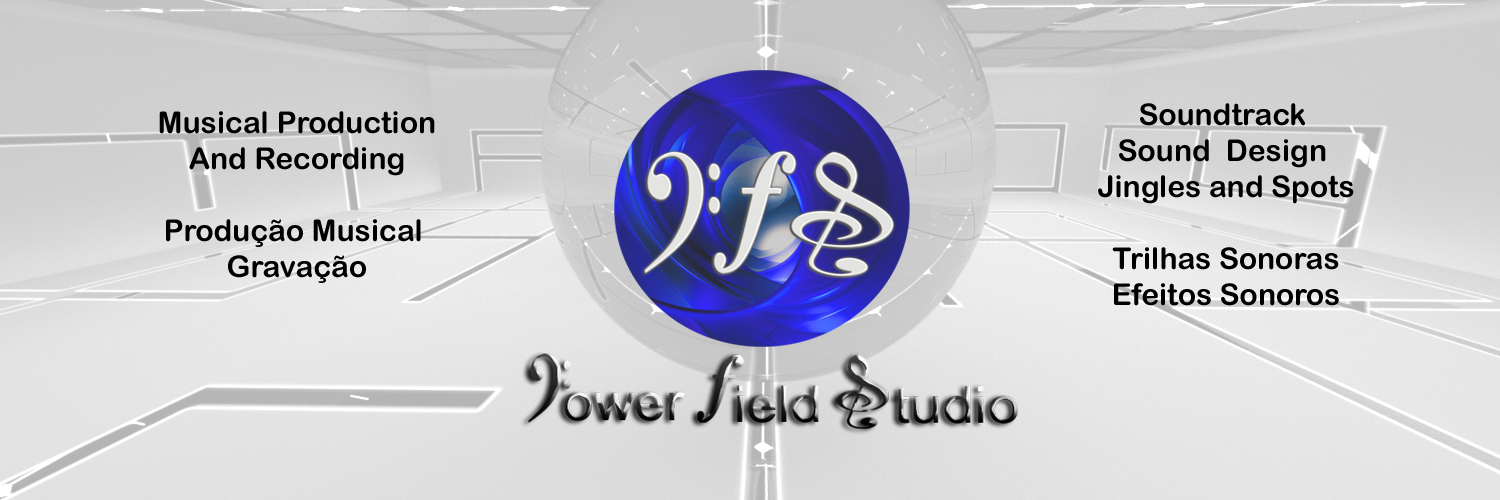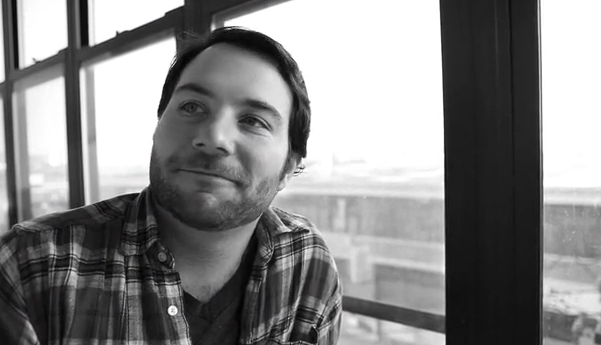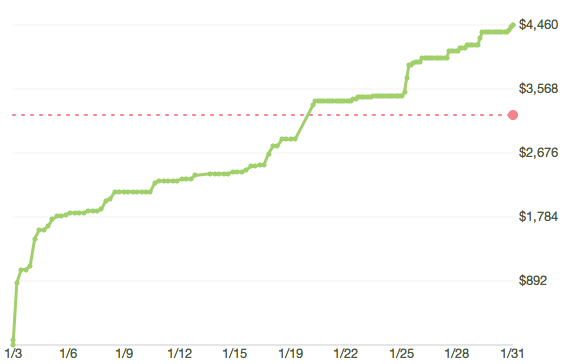Whether you’re new to playing live or you’re a gig veteran, you’re not immune to some of the common pitfalls of playing live. In this post I’ll describe how to avoid some of the downsides of live engagements. I have assembled groups and booked gigs, but I have primarily played keyboards as a sideman in the 25 or so bands I’ve been a member of since 1994.
I have played regularly in Indianapolis, Nashville, Chicago and Madison WI, and I currently play regularly with 2 jazz groups in the Madison area.
In part 1 I discussed my experience with
leading a band, booking shows, promoting, working with live sound engineers, getting paid and writing contracts. In part two, I’ll take a closer look at money (again), co-writing, guest players, substitute players and travel/accommodations.
With that, here are some key concepts followed by some comments based on my experience:
Are you really a cowriter?
Watch out for the sneaky tricks some artists might try to pull off. In Nashville I toured with a major label artist that used the band to help cowrite a song but never gave any of the band members co-writing credit. That song was released on the artist’s next album and the band received no publishing or mechanical royalties whatsoever.
To make matters worse, after the song was written it was recorded on tour at an arena sound check without the band’s knowledge, and that recording was used as the demo and the guide track for the session musicians cutting the album track. In this case the touring band musicians were shorted in a number of ways – no recording session pay, no co-writing credit, no publishing/mechanicals – and they had no idea this was happening until after it happened.
Who’s Playing this Gig Anyway?
Some band leaders like to bring other players up to the stage to play a song or two on your instrument. I have found that some band members don’t have a problem with this while others do. For me, it depends on the situation. I don’t have a problem with it unless I feel like the gig is turning into a jam session. After all, I spent a lot of time practicing my instrument, learning the tunes, rehearsing, and transporting my gear to and from rehearsals and the gig.
I didn’t do all of that so that someone I don’t know could take the stage and play my instrument. On the other hand, as the full time band member you’re getting paid for the gig whereas that guest player likely isn’t paid at all. If you don’t welcome guest players and you find yourself in this situation, try to turn it into a positive experience.
Enjoy the break and take the opportunity to walk around the room and listen to the band. Concentrate on how your instrument sounds through your equipment.
When you return to the stage, make the appropriate adjustments to your setup – adjust the volume on your amp, adjust EQ, etc. If you’re a keyboard player, try using a different piano/Rhodes/Wurlitzer/B3 patch.
Know Your Schedule Keep Your Calendar Accurate
I once loaded all my gear into a restaurant for a gig that wasn’t scheduled. It was a weekly gig, but I showed up to the restaurant on one of the rare weeks we didn’t play. It was my fault for not keeping my calendar accurate. It’s not the end of the world by any means, but it’s quite a pain to travel and load all of your gear in and out for nothing.
Call for Help When You Need It
Get to know other players in your city that play the same instrument as you. Watch them play a gig, and if you think they’d be a good sub for you, keep in touch with that person. Also get to know other musicians that don’t play the same instrument as you so that you can help a bandmate find a sub. You never know when you’ll need to call up a sub, but don’t call on a sub to take a lower paying gig from you so that you can take a higher paying gig on that same date.
I have seen players do this and it’s not a good thing to do for reasons that should be obvious.
Beware of the Empty Tip Jar
I’m on the fence with the idea of a band putting out a tip jar. In Nashville, tips are sometimes your only source of money, but in other cities tips reflect a smaller portion of the pay. Like any tipping profession, sometimes the tip jar remains empty at the end of the night while other times you end up with far more money than you expected. You definitely don’t want to rely on tips. Focus your negotiations on base pay.
Do I Need a Contract?
Contracts are important but are not absolutely necessary for casual dates. If you don’t have a contract and the venue screws over your band, the word spreads. The venue’s music reputation is at stake. There are plenty of free online legal resources if you have questions about contracts you’d like to draft or if you’re reviewing a contract that has been presented to you. If your questions aren’t answered by reputable sites online, contact a lawyer.
First Class Cabin
If you’re doing a fly date and you drive your personal car to the airport, ask the artist’s management to cover your parking fees. If you’re an independent contractor and you already track these types of charges in your business expenses for tax purposes, you might not want to ask for this, but I have found that it’s nice to have one less receipt to track in your bookkeeping.
For more information about
entertainment tax services, I recommend taking a look at
www.musiciantax.com. For pro gigs, air and hotel accommodations can be all over the map. I once flew first class both directions from Nashville to NYC for a Good Morning America gig.
We stayed at the W in Manhattan, not cheap digs by any means. The next week we were back on Southwest airplanes and staying at budget hotels. Make the best of these top flight travel arrangements because it won’t last.
Crazy Booking Agents
A couple of years ago I was in a jazz trio that played a private dinner event for a group of neurosurgeons at a major university. The booking agent had asked us to play for 3 hours. This was certainly not a problem, as we had routinely played gigs this long and sometimes longer. However, in this case the band collectively made a basic, common assumption that did not jive with the booking agent. After playing for one hour, we decided to take our first 10 minute break.
As we ended the song and set our instruments down, the agent angrily approached us and told us the music must not stop at any point in the three hours and that we were to pick up our instruments and keep playing. At first we thought she was joking, but she wasn’t.
Needless to say, we were dumbfounded. How could this agent not understand the concept of taking a break to use the restroom or get a drink of water? It didn’t matter, she was adamant that we didn’t stop playing at any time during the three hours.
To keep her happy, two members of the group played one song together while the third band member took a break. We repeated the same break process for the other two players. The takeaway is that things aren’t always what they seem.
You don’t need to discuss every tiny detail of each gig with the agent, but if we would have spent some time speaking with her before the gig we might have realized what she expected from us, or at the very least we would have realized that we were dealing with someone that had obviously never booked a musical group before.
The lesson learned was that we had to find a way to simply deal with the situation on the fly and continue the gig in a professional manner and laugh about it later.
What Assuming Makes out of You and Me
I was once asked to sub for the keyboard player on a string of west coast dates for a well known country artist on a major label. I agreed to do it because I wasn’t on tour at the time, this was a high profile artist and I like doing west coast dates because the weather is usually great. I knew the band’s regular keyboard player well – we had previously toured together and we had also subbed for each other in the past.
I told him I could do the gig, so he asked me to contact the bandleader to make travel arrangements and to get the artist’s CD so that I could learn the tunes. I contacted the bandleader (who was also someone I had known from previous tours) and he was happy to hear that the regular keyboard player had chosen me for the dates.
The bandleader said I could purchase the CD and send him the receipt for reimbursement. I purchased the CD and immediately started working on the tracks he identified, spending hours learning the keyboard parts as written.Here’s where I made a mistake – I got the CD and started working on the tracks before the bandleader and I talked specifics about travel arrangements.
With regard to payment, I already knew my pay for that run would be the same as the regular keyboard player’s pay. After several days passed and many hours were spent working on the keyboard parts, I decided to contact the bandleader (two days before the first gig) to find out when and where the bus was leaving for the first date.
He wrote back and said that he decided to use another keyboard playerfor the dates. Needless to say, I was quite surprised and was not happy to hear this. The guy he used was a friend of his who was out of work and really needed the job…as if I didn’t need the job.
The bandleader and I had agreed that I would do the dates, my word is my bond and I assumed his word was his bond as well. I had budgeted for the significant amount of pay from these dates because I knew the bandleader and I thought I could trust him.
That’s a lesson I’ll never forget: you can get burned at any time. Letting it roll off your shoulders is a must. That won’t happen overnight but you have to learn how to get over it and move on.
I told some close friends this story and they couldn’t believe it because they would have done the exact same thing that I had done. I later found out the bandleader had some serious issues with recreational drug use while on tour and that he had gone through rehab, sobered up and went on to tour with bigger acts. However at the end of the day, he still screwed me over and it was a hard lesson learned.
He is a phenomenal player of his instrument as well, one of the best I have ever toured with. Again, the moral of the story is “you live and you learn” and the only thing you can do is learn from it and move on. If you don’t, you’ll wind up angry and full of resent.
Closing Thoughts
Live performances are full of ups and downs. Take the good with the bad. Some gigs pay very well and others don’t. If you know what you’re worth, you can decide for yourself if you want to take a gig for “exposure” or if money is your primary motivator. Just keep in mind that people have died from exposure. I have played a range of venues from the corner dive bar through the Tonight Show with Jay Leno. The high profile gigs were a result of touring with major label artists.
Before I moved to Nashville, I could only dream of playing the Grand Ole Opry. Now I’m not exactly sure how many times I played it. Many years back when I played drums in a rock band, we often took dive bar gigs because we wanted to take every opportunity to play. It’s a good idea to create goals for yourself.
Do you want to form your own group or are you content joining a group that has already formed? What type of music do you want to play, and is there a local market for it? If not, are you willing to create one? How much are you willing to travel? The answers to these questions will become evident as you gain experience performing live.
I hope this helps you understand some of the upsides and downsides of playing live. Feel free to contact me with any questions you might have. Thanks again to Greg Savage for posting this and for continuing to provide valuable information for composers seeking to work professionally in the music business.









